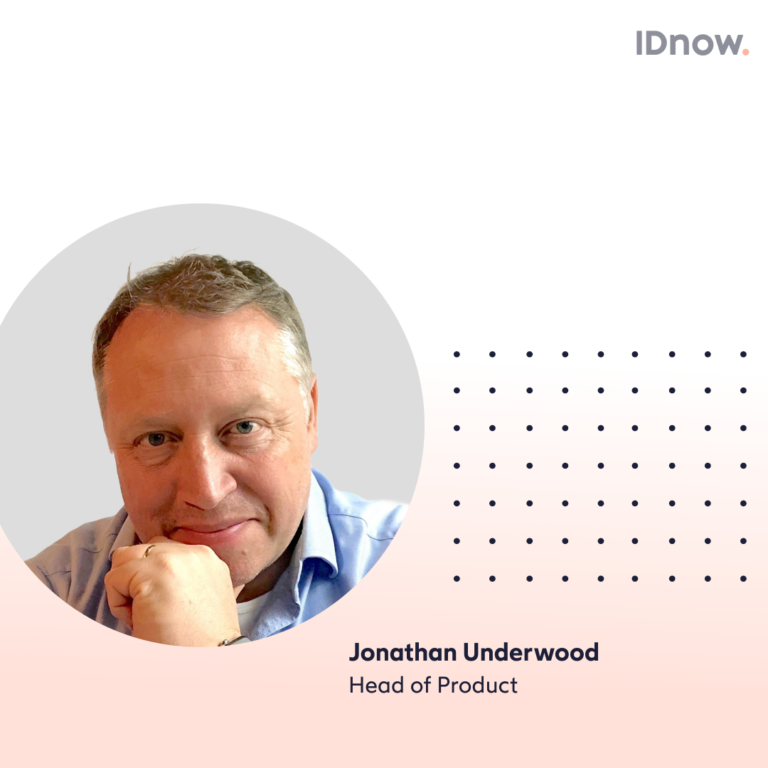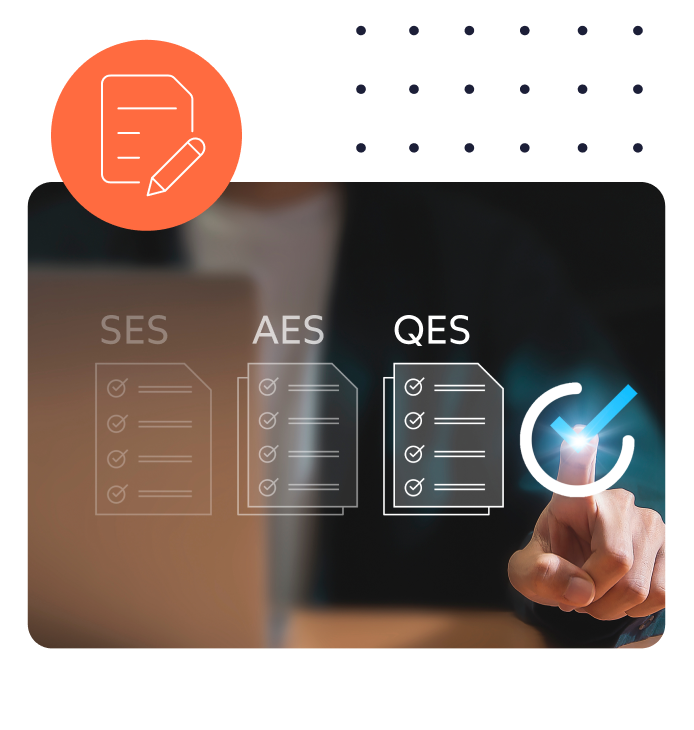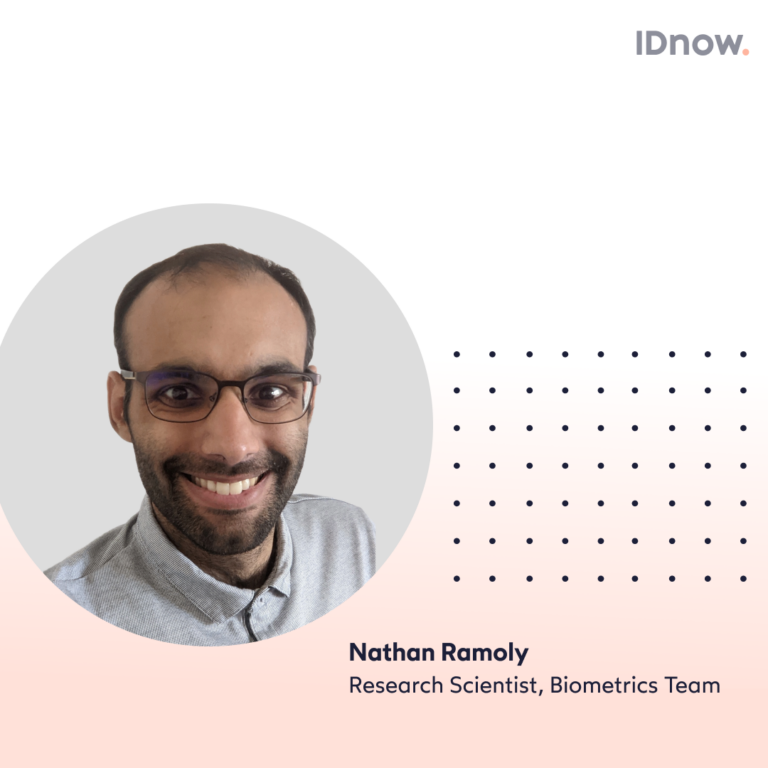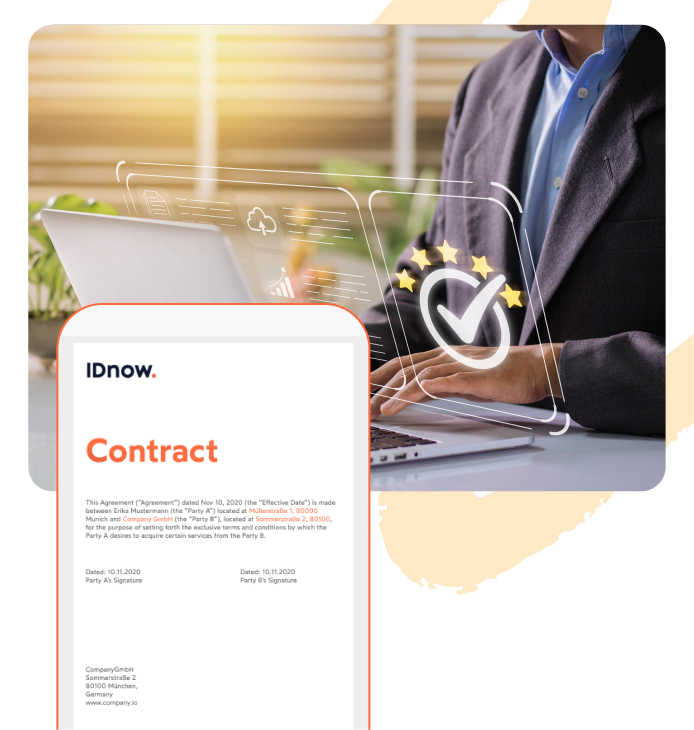After three years, IDnow’s research project, Soteria has come to an end. Here, we share the findings and what it could mean for the future of personal data management.
Soteria, named after the goddess of safety and harm prevention, was a joint research project funded by the Horizon 2020 research and innovation program. Carried out in collaboration with 12 other European partners, the main aim of the project was to explore digital security and user privacy.
Where does our personal data go?
Nowadays, many carry out the majority of their daily tasks online; managing bank accounts, accessing insurance details and even attending medical consultations to name but a few. Accessing these services requires the authentication of the user, which is facilitated by the transfer of personal data.
As personal data invariably needs to be entered to access personal online services, this can be a frustrating experience for the user. How this personal data is collected, stored and used is often not clear to the user, nor the organization that requests the data.
According to the Fundamental Rights Survey, which asked people about their views on sharing personal data, 55% said they feared that criminals or fraudsters could access their personal data, while 30% said they worried that advertisers, businesses and governments could access their information without them knowing. Unfortunately, there are currently no solutions on the market to enable users to take control and manage their data.
These personal data have to be repeatedly completed to access to each service, which can be time-consuming for the citizens. In addition, the use of the personal data collected is most of the time not transparent for the citizen, as well as the organisations which have access to them.
For these reasons, more than 70% of the EU citizens have concerns about the online use of their personal data. Currently, there is no solution to allow users to take control and manage their data as they see fit.
Enter SOTERIA: a secure, privacy-friendly digital wallet.
In an attempt to address this issue, the SOTERIA project proposed the creation of a digital wallet that combined a digital identity, secured by high-level remote identity verification, with a data storage platform.
Over the course of three years, IDnow and its partners carried out the following:
- Extensive consultation: 3,600 members of the public were surveyed to understand their expectations of data protection and digital wallets.
- Development of a digital wallet prototype: The SOTERIA wallet includes advanced identity verification at account creation, limiting potential fraud and enabling users to authenticate themselves to access various online services and store certified information in the form of ‘verifiable credentials.’ Users can easily share this information with online service providers while retaining full control over the shared data, with the option of revoking access at any time.
- Experimental security solutions: Several new tools to guarantee data security and protect users’ privacy were explored.
- Integration with online voting and examination platforms: The wallet was integrated with online voting and examination platforms, demonstrating its effectiveness in connecting to services and storing documents like examination certificates, online voting receipts and health documents.
- Large-scale pilots: We conducted tests with 1,200 members of the public in Austria, Romania and Spain, using the wallet for online exams and e-health services.
- Feedback analysis: Feedback from users has shown that using the digital wallet enhances their sense of security and privacy when transacting online.
The SOTERIA wallet is user-centric, accessible to all, and requires no specific IT skills. It protects the privacy of European citizens and gives them full control over their data, ensuring that only the data needed to access a service is shared with the service provider.
The results of this project will enable IDnow to adapt its solutions to offer an eIDAS 2.0 compliant digital wallet.
Noémi Thomazo, Research Project Manager at IDnow.
eIDAS 2.0 – A simple update or fundamental change?
 What is eIDAS?
What is eIDAS? The birth of eIDAS 2.0
The birth of eIDAS 2.0 The countries and industries affected by eIDAS 2.0
The countries and industries affected by eIDAS 2.0
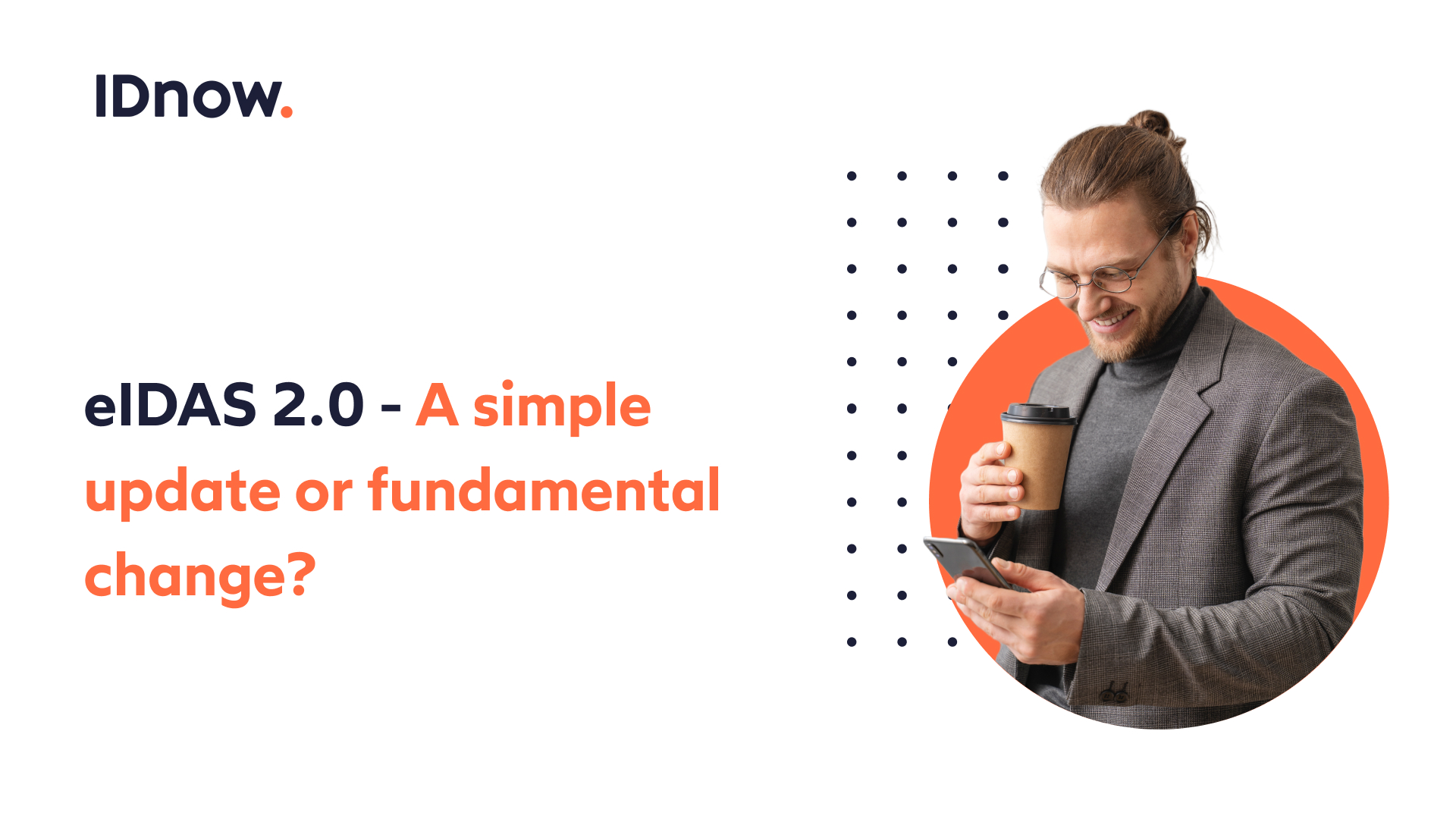
Innovation and research have been at the heart of IDnow’s activities since the company was founded. Our team of experts are constantly seeking to push the boundaries of identity verification and fraud detection to offer even more effective solutions.
Interested in IDnow’s other research projects?
In a bid to break down the barriers of AI bias, IDnow participated in the MAMMOth project. Funded by the European Research Executive Agency, the goal of the project was to study existing biases and offer a toolkit for AI engineers, developers and data scientists so that they may better identify and mitigate skin tone biases in datasets and algorithm outputs.
Or, to discover how we’re attempting to address AI’s Achilles heel, read our blog ‘Is efficiency and trust AI’s Achilles heel?’
Our Senior Architect, Sebastian Elfors recently participated in a panel discussion on the challenges of balancing privacy with usability when developing the EUDI Wallet. Check out our ‘EUDI Wallets: Balancing privacy with usability’ blog to discover his thoughts and concerns.
By

Jody Houton
Senior Content Manager at IDnow
Connect with Jody on LinkedIn
